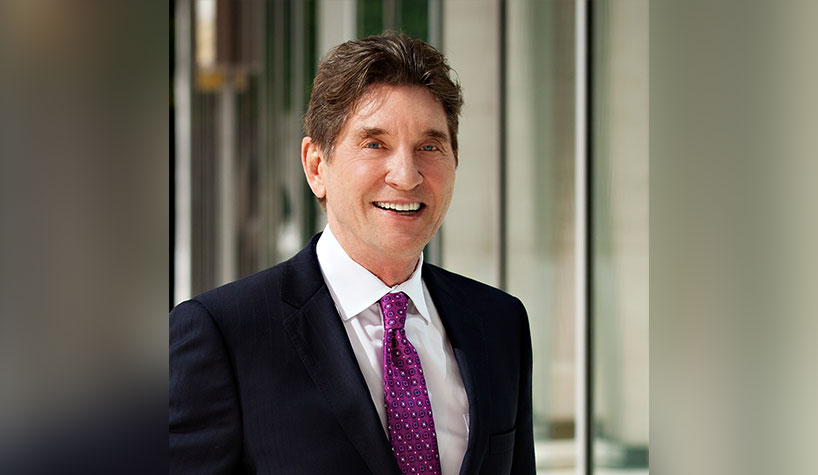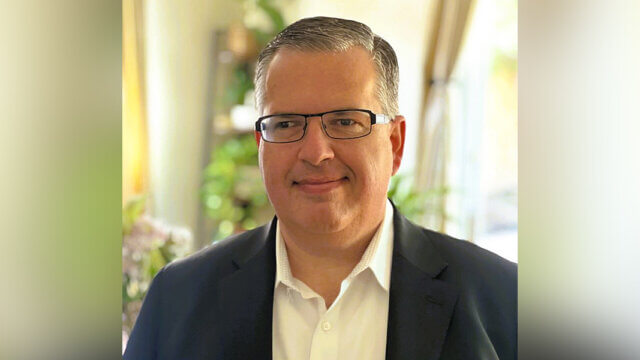By L.K. Eric Prevette
Hotel investment is not a new concept for families, high-net-worth individuals and entrepreneurs. Indeed, individual hotel ownership has been around since biblical days when there was no room at the inn. The basic reasons for investing in hotels have remained essentially the same over time, although the COVID-19 pandemic and its impact on hospitality may have opened up some additional reasons why families and high-net-worth individuals are turning to hotels as an alternative investment opportunity.
Economic gain is a primary motivation for investing in hotels. Gain can be achieved through the high income from the hotel’s operating cash flow and by increasing the hotel’s capital value. Revenues can also be generated through development fees, management fees and asset management fees. Hotels rank very high as a tax-efficient investment through depreciation, tax-free exchanges and investment recapitalization. Real estate investments, including hotels, are also excellent inflation hedges. Hotel properties reflect the economy in general and tend to appreciate along with inflation.
Other reasons for hotel investment include asset diversification, capital deployment, investment control and personal community involvement. Hotel asset performance does not always correlate with the stock market and even other real estate investments. Hotels offer a platform to capture and further diversify revenues.
Having a residential component, i.e., condo units for sale, is a good example and is being seen in more and more luxury hotel developments. Hotels are an excellent way to efficiently deploy capital as hotel values are not cheap—they can cost tens of millions of dollars. Hotel investments provide ownership accountability by holding day-to-day control for independent hoteliers and family-run properties. Personal reasons for hotel ownership can be a powerful motivation. Recognition in the community for generating jobs, hosting social events, bringing business to other local businesses can all be a major boost to the ego. The prestige of hotel ownership may reside at the top of the list when all is said and done. Bottom line: It’s cool.
With all the benefits and rewards of hotel ownership, it does come with substantial risks. As often stated, hotels are a barometer of the overall economy. When times are good, hotel business is good.
But when times are not so good, hotels feel the consequences. When major catastrophes occur, such as 9/11, the Great Recession of 2008 and, most recently, the worldwide COVID-19 pandemic, the impact on hotels can be disastrous. Hotels are highly competitive and can be impacted by the addition of a new, more modern property in the market. The rise of share economy and companies like Airbnb have had, and will continue to have, a major impact on the hotel industry.
Aside from these macro issues, there are serious micro threats to hotel investments. Some of these include cybersecurity and data privacy risks; guest behavior (which can result in lawsuits); damage to guestrooms; staffing, as labor becomes more expensive and difficult to find; and unexpected incidents from maintenance failures to fires, floods and other natural disasters.
To effectively gauge the benefits versus the risks of a hotel investment, it is critical for first-time buyers of luxury hotels to surround themselves with a team of hospitality professionals to prepare a pathway for success and to provide guidance along the way.
L.K. Eric Prevette is managing principal, Luxury Hotel Advisors (LHA), a boutique luxury hotel advisory and acquisitions firm. With extensive experience in the luxury hotel arena, he has successfully repositioned and assisted in the sale of numerous hotel properties valued more than $500 million, and has provided valuable asset management and other advisory services to owners and lenders of more than 50 luxury hotels in the U.S., Europe, Mexico, the Caribbean and Asia.
This is a contributed piece to Hotel Business, authored by an industry professional. The thoughts expressed are the perspective of the bylined individual.


